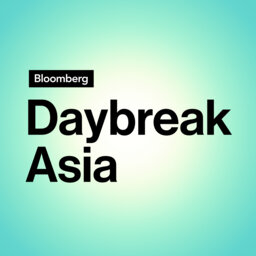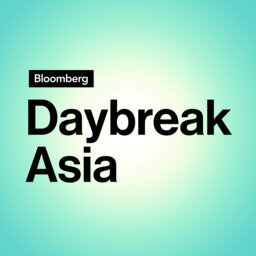China's Week of Stimulus, Previewing Japan's LDP Leadership Poll
Featuring:
Rachana Mehta, Regional Co-Head for Fixed Income, Maybank Asset Management Singapore
Tina Burrett, Professor of Political Science at Sophia University
Todd Walsh, Chief Executive Officer of Alpha Cubed Investments
Jodi Schneider, Political News Director for Bloomberg Television and Radio
In 1 playlist(s)
Bloomberg Daybreak: Asia Edition
Join Bloomberg Daybreak Asia for business and finance news centered in the Asia-Pacific region, alon…Social links
Follow podcast
Recent clips

Traders Assess Tech Earnings, Fed Outlook
21:06

Dollar Weakens After Trump Comments, Mag Seven Earnings Preview
21:02

South Korean Tariff Hike, Samsung and SK Hynix Earnings Ahead
19:53
 Bloomberg Daybreak: Asia Edition
Bloomberg Daybreak: Asia Edition